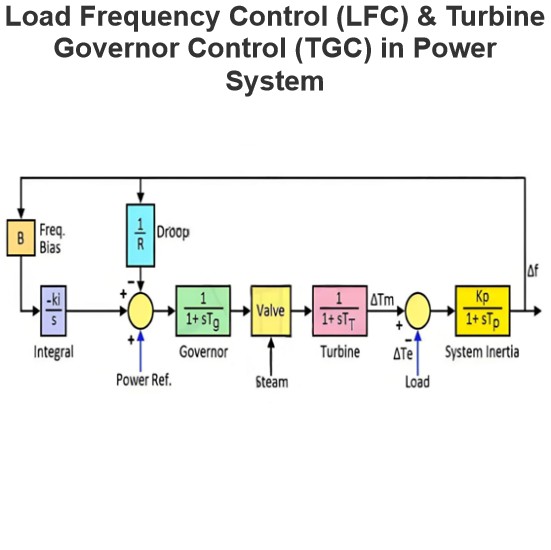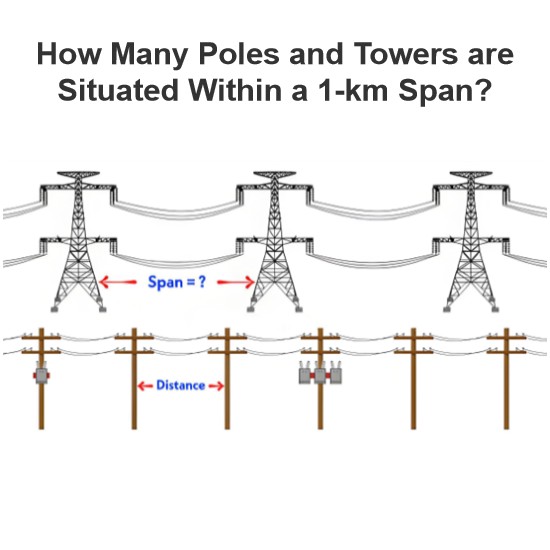Does the amount of DC current affect resistance?
The magnitude of the DC current itself does not directly affect resistance, but it can indirectly influence resistance through several mechanisms. Here is a detailed explanation:
1. Basic Definition of Resistance
Resistance R is an inherent property of a circuit element that indicates the degree to which the element opposes the flow of current. According to Ohm's Law, resistance R can be calculated using the formula:
R=IV
where:
2. Physical Properties of Resistance
The size of the resistance primarily depends on the following factors:
Material: Different materials have different resistivities.
Length: The longer the conductor L, the greater the resistance.
Cross-sectional Area: The larger the cross-sectional area A of the conductor, the smaller the resistance.
Temperature: The resistance of most materials changes with temperature.
3. Indirect Effects of Current Magnitude on Resistance
Although the magnitude of the current itself does not directly change resistance, it can indirectly affect resistance through several ways:
3.1 Temperature Effect
Joule Heating: When current flows through a conductor, it generates Joule heating (also known as resistive heating), given by P=I2R, where P is the power, I is the current, and R is the resistance.
Temperature Increase: Joule heating causes the temperature of the conductor to rise.
Change in Resistance: The resistance of most metals increases with temperature. Therefore, as the current increases, the temperature of the conductor rises, and the resistance also increases.
3.2 Nonlinear Material Properties
Nonlinear Resistance: Some materials (such as semiconductors and certain alloys) have nonlinear resistance characteristics, meaning the resistance value can change with the current.
Current Density: At high current densities, the resistance properties of materials can change, leading to variations in resistance.
3.3 Magnetic Field Effects
Hall Effect: In some materials, current flow can produce the Hall effect, which creates a voltage difference perpendicular to both the current and the magnetic field. This can affect resistance, especially in strong magnetic fields.
Magnetoresistance: Certain materials (such as magnetic materials) exhibit magnetoresistance, where the resistance changes with the magnetic field.
4. Summary
The magnitude of the DC current itself does not directly change resistance, but it can indirectly affect resistance through the following mechanisms:
Temperature Effect: The Joule heating caused by current flow can increase the temperature of the conductor, thereby changing the resistance.
Nonlinear Material Properties: The resistance characteristics of some materials can change at high current densities.
Magnetic Field Effects: In certain situations, the magnetic field generated by the current can influence resistance.
The Electricity Encyclopedia is dedicated to accelerating the dissemination and application of electricity knowledge and adding impetus to the development and innovation of the electricity industry.













